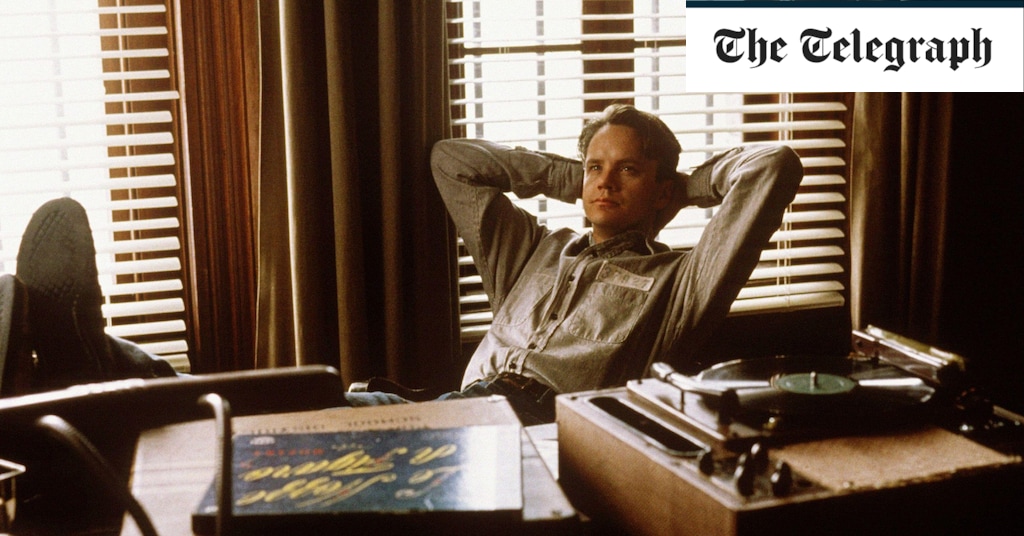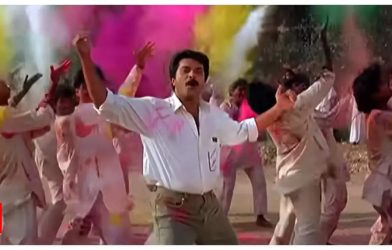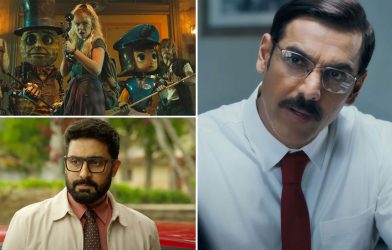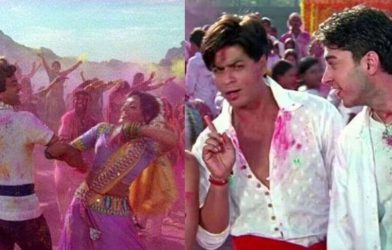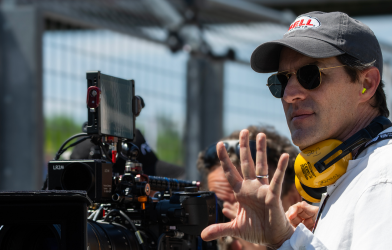When motion pictures were born, classical music was the midwife. Those silent, flickering images needed help to thrill or move the audience, so from the very beginning pianists were on hand in film theatres, to play along to the film. Their job was to knit the images into a meaningful narrative, and to do it they shamelessly pillaged classical music for appropriate moods: Rossini’s William Tell for thrills, Wagner for majesty, Russian music for exoticism, Strauss waltzes for elegant parties. When the talkies arrived the pianists were retired, and classical composers suddenly found a whole new lucrative trade, supplying specially composed film scores for Hollywood and the great European studios.
But the arrival of composers Like Erich Korngold and Max Steiner didn’t mean the end of genuinely classical music at the movies. Directors and producers continued to use “the real thing” alongside the newly composed scores, for especially thrilling or mystical moments. Although classical music dipped in popularity during the 1950s and 1960s it came roaring back in the 1970s and 1980s, and has never been absent since.
There are literally thousands of films where one or two classical pieces are dropped into the sound-track, often in a boringly predictable way: a Haydn string quartet to add a touch of class to a billionaire’s party, a Puccini aria to heighten the heartbreak of a tragic parting. But sometimes the choice of classical pieces and the way they’re used is much more imaginative. Sometimes it can even change the way we hear the music itself. These are the films I’ve tried to seek out, in my choice of 50 Great Classical Moments at the Movies. I hope you enjoy them.
Jump to: 40-31 | 30-21 | 20-11 | 10-1
50. The Man Who Wasn’t There, 2001
Beethoven’s Appassionata sonata, first movement, performed by Paul Lewis
In the Coen Brothers’ crime drama, Billy Bob Thornton stars as small-town barber Ed Crane, who suspects his wife of having an affair with his boss, and sees a possibility for revenge when a stranger offers him the opportunity to invest in a new business. Crane needs $10,000 fast, and decides to blackmail the wife’s lover for the money.
Here the sound track consists of a number of piano sonatas by Beethoven, such as the Moonlight and Appassionata, plus Beethoven’s spacious and epic Archduke Piano Trio. The Coen Brothers explained that this was to engender “a vague longing”, but just as important is the fact that the film’s style is that of a 1940s film noir. The Beethoven sonatas evoke a sense of the moral seriousness that the film noir genre had.

